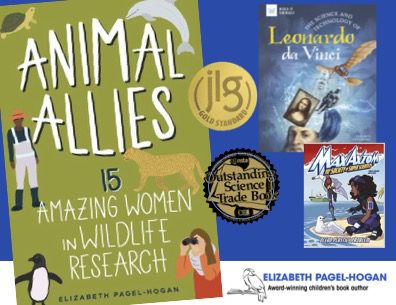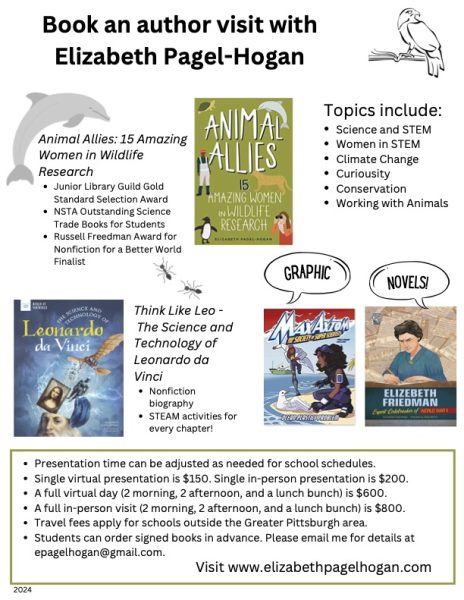The Olympics start July 26 in Paris and I’m so excited! I love the Olympics. I love watching dreams come true, and sympathize with the heartache. The personal stories pull me in, and I am captivated by the way people around the world work toward a common finish line, a new height, a faster time, a greater goal. Just making it to the Olympics is worth celebrating!!
I also love to see the wide variety of sports represented at the Olympics, and they add new sports all the time. In recognition of the competition and the struggle, I wrote a little essay that I hope entertains and inspires you. And if you’ve ever competed in this particular Olympics, I award you an honorary medal!
The Parenting Olympics
Julie: Good morning to everyone watching at home and welcome to the Parenting Olympics! We’re just starting here, but most of our competitors were woken up before sunrise with the Greco-Roman blanket wrestling event.
Ray: I’d say our competitors are used to those kind of early morning shenanigans, wouldn’t you?
Julie: I would, Ray. They’re used to pushing themselves to the absolute limits of stamina and strength on practically no sleep.
Ray: Masters at work.
Julie: Truly. It looks like the next event is already starting, the first heat of the potty training sprint.
Ray: Heads up out there! Emergency!
Julie: It’s a bit earlier than we’ve planned but that’s just how the Parenting Olympics goes. And it looks like everyone made it to the potty on time.
Ray: That’s a relief.
Julie: No, wait, I’m wrong, we have one competitor in trouble.
Ray: It’s the bibbed overalls! Absolute mayhem!
Julie: He needs to speed up or there will be consequences in the laundry marathon later.
Ray/Julie: Oh no!
Julie: Not a good start. And they’ve been working so hard on potty training.
Ray: How do these parents stay in shape for these extensive challenges?
Julie: Training is 24/7. Competitors have sacrificed socializing, relaxing, and in some cases personal hygiene. Many are on special diets of leftover carbohydrates and hundreds of ounces of caffeine. And now, as we clean up from the potty training sprint, let’s check in with the competitors in the laundry marathon.
Ray: This is one event that just seems endless.
Julie: Only the competitors with unlimited stamina can tackle this event and survive its endless miles of unfolded, unsorted clothes.
Ray: Just look at the mountains of underwear and onesies and t-shirts and sports uniforms and towels. And all those socks! Do any of them have a match?
Julie: Since that event doesn’t look like it’s ending anytime soon, we’re going to cut away and check in with what’s going on in the other competitions.
Ray: Check out the footwork over there!
Julie: The LEGO hurdles are one of today’s toughest events.
Ray: Look at the coordination! The quick reactions!
Julie: Both are absolutely essential for competitors to overcome these painful and sometimes invisible obstacles.
Ray: Amazing!
Julie: Hang on, Ray, we’re getting an alert that the kids are getting hungry. And you know what that means.
Ray: The individual meal medley!
Julie: That’s right. This can be complex for our viewers at home. It’s so hard to remember who will eat what and more importantly who won’t eat what.
Ray: It’s a culinary creative challenge.
Julie: It is. The top competitors here will be masters of variety and multi-tasking to feed that cranky horde of picky eaters.
Ray: I don’t know how they do it, Julie.
Julie: It’s a mystery. Ray, I’ve just received an update that it’s time to lower our voices for the next event.
Ray: Fantastic!
Julie (whispering): SHH! It’s rhythmic baby soothing.
Ray (whispering): A thing of beauty.
Julie (whispering): Here we’re seeing parents execute elaborate bouncing, walking and contortions choreographed with perfect rhythm and precision of movement in time with soothing lullaby tunes all to help the baby fall asleep and stay asleep.
Ray (whispering): It’s all about that second part isn’t it, Julie?
Julie: None of their efforts will matter if that baby wakes up. But so far, so good.
Ray: I’m almost asleep myself.
Julie: Things are looking good, eyes closed, bodies relaxed — except, oh no. Looks we spoke too soon. That’s a shame. Let’s check in on those laundry marathoners.
Ray: Still folding, Julie.
Julie: They won’t give up. And now we have our first team event, the after-school carpool relay. Here’s a graphic that explains how it works.
Ray: That’s worse than a nuclear bomb schematic. I can barely keep up with that list of addresses and time tables, can you, Julie?
Julie: I’ve done this myself, Ray, and it is not for amateurs. The after-school carpool relay requires detailed coordination and communication between team members.
Ray: It’s magical, really, the way they have timed their hand-offs! Like clockwork! Wait, what’s that? Is that what I think it is?
Julie: I see it, too, Ray. Looks like one of our parents has been forced to compete in the potty training sprint for the second time today! What a challenge.
Ray: She was a blur.
Julie: We wish her the best of luck. We’ve seen an incredible display of parenting skill today, Ray, but it looks like we’re coming to the last and often most challenging event of the competition.
Ray: Already?
Julie: Yes, Ray. It’s time for the sleeping child deadlift.
Ray: My back is in agony just imagining doing this!
Julie: Watch as these parents, already exhausted from the day’s events, attempt to lift a sleeping child off the floor or out of a car and carry them up several flights of stairs.
Ray: I can’t believe it!
Julie: What many viewers don’t know is the kids have doubled their weight for this event.
Ray: Masters of their sport.
Julie: And look, even the laundry marathoners, who still have several piles remaining, are competing here. Some are even carrying laundry and sleeping children.
Ray: Awe-inspiring!
Julie: We are seeing something special here tonight, Ray.
Ray: It’s monumental! Poetry in motion.
Julie: Don’t forget they will required to compete in these exact same events tomorrow, Ray. I’ve also heard that some may face an additional event that crops up now and then: child-rearing advice fencing.
Ray: No!
Julie: Yes, it’s not easy to parry judgmental comments from total strangers.
Ray: They’ll need reflexes of a ninja.
Julie: And let’s remember that none of these competitors will receive even a single medal for their efforts.
Ray: It makes you wonder, Julie, why they do it. What is it that drives them to compete, to give it their all, to be the best they can in every event?
Julie: Love, Ray. They do it out of love. Thanks for joining us today for this broadcast of the Parenting Olympics. I’m your host, Julie, and you can find us here tomorrow, because these particular Olympics never end.
Ray: And I’m Ray. Good night, sweet dreams, it’s time for bed, we already read a story, and no, you can’t have a drink of water.







